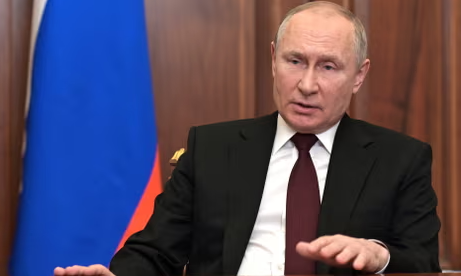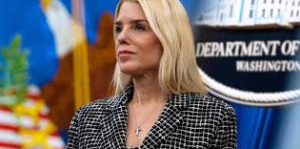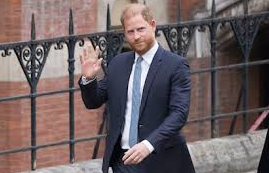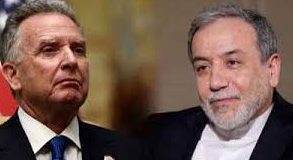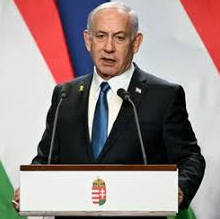Vladimir Putin’s recent actions
recognizing two Russian-backed separatist regions in eastern Ukraine as independent and deploying troops and tanks into the territories — have escalated tensions, bringing Europe to the edge of war.
While there are notable differences between Putin and historical figures like Hitler, current events in Europe echo the lessons of 1938. The most critical lesson from that year is that while deterrence may appear more costly and risky than accommodation in the short term, it is vital for Europe’s long-term security.
Putin, although a brutal authoritarian, does not share Hitler’s fanaticism or charismatic madness. He exercises control through targeted repression and killings rather than mass internment, and his anti-western rhetoric often contrasts with his personal actions, such as keeping money and family assets in Western countries.
However, like Hitler, Putin harbors a mystical belief in a nation extending beyond his country’s current borders. In his speech on the recognition of the Donetsk and Luhansk “people’s republics,” Putin spoke of Ukraine as an “integral part” of Russia’s history and culture. He views Ukraine as central to the “Russian world.” Putin has repeatedly insisted that Ukrainians have no historical or cultural claim to being separate from Russians.
